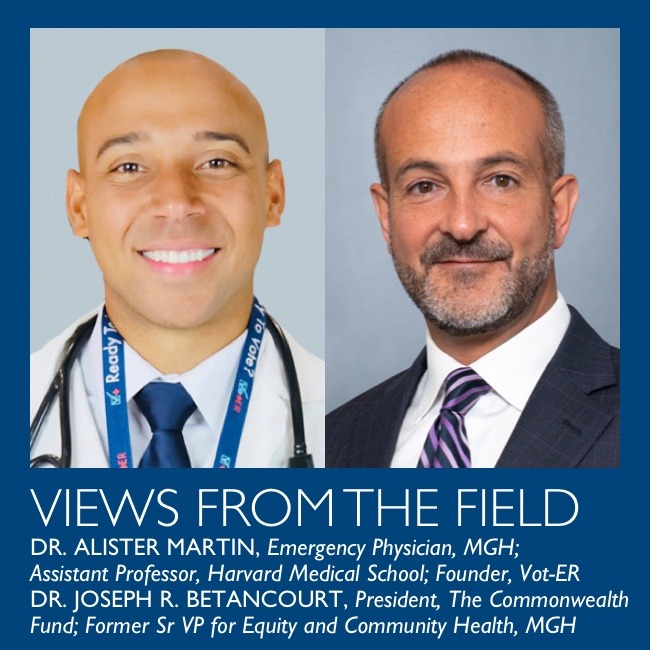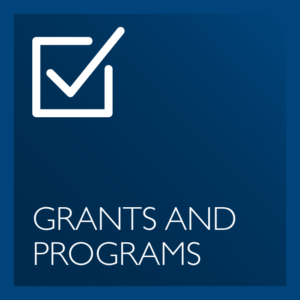The Final Reconciliation Package: Implementation of Key Provisions
On July 4, 2025, H.R. 1, the One Big Beautiful Bill Act, was signed into law. The implementation dates for key health care provisions in the law vary, with some taking effect immediately upon passage and others being implemented over several years. This resource details key dates for the implementation of the law’s most significant health care provisions.
Deadlines in Health-Related Executive Orders and Presidential Memoranda
This GIH policy resource details many of the health-related executive orders issued by the administration and includes a calendar of upcoming implementation deadlines.
Beyond the Exam Room: Impacting Health Outcomes Through Civic Engagement
August marks Civic Health Month, a time to showcase the link between voting and health and celebrate efforts that ensure every voter can support their community’s health at the ballot box. At the same time, the United States is grappling with a health care system ranked 37th globally despite consuming 17 percent of the country’s GDP. With 26 million Americans uninsured and 43 million underinsured, the gap in access to care continues to widen. This crisis will deepen as critical ACA subsidies expire at the end of 2025, potentially leaving 3.8 million more Americans without coverage, in addition to new federal cuts to Medicaid and changes to how coverage is accessed through the health insurance marketplace, which could result in as many as 20 million Americans losing their health insurance.
Philanthropy @ Work – Transitions – January 2024
The latest on transitions from the field.
NY Health Foundation: January 2024
Although New York has one of the lowest veteran suicide rates in the nation, suicide remains a persistent challenge. Recent data shows that the rate has remained stubbornly high over the last 10 years despite numerous federal, State, and local investments in prevention efforts. A new NYHealth Foundation snapshot shows trends from 2012–2021, using the latest available data.
Blue Shield of California Foundation: January 2024
Lack of paid family caregiving and medical leave policy at the national level makes the United States a global outlier. In the absence of a national guarantee, more than a dozen states have passed and implemented necessary paid family and medical leave.
Philanthropy @ Work – Grants and Programs – January 2024
The latest on grants and programs from the field.







